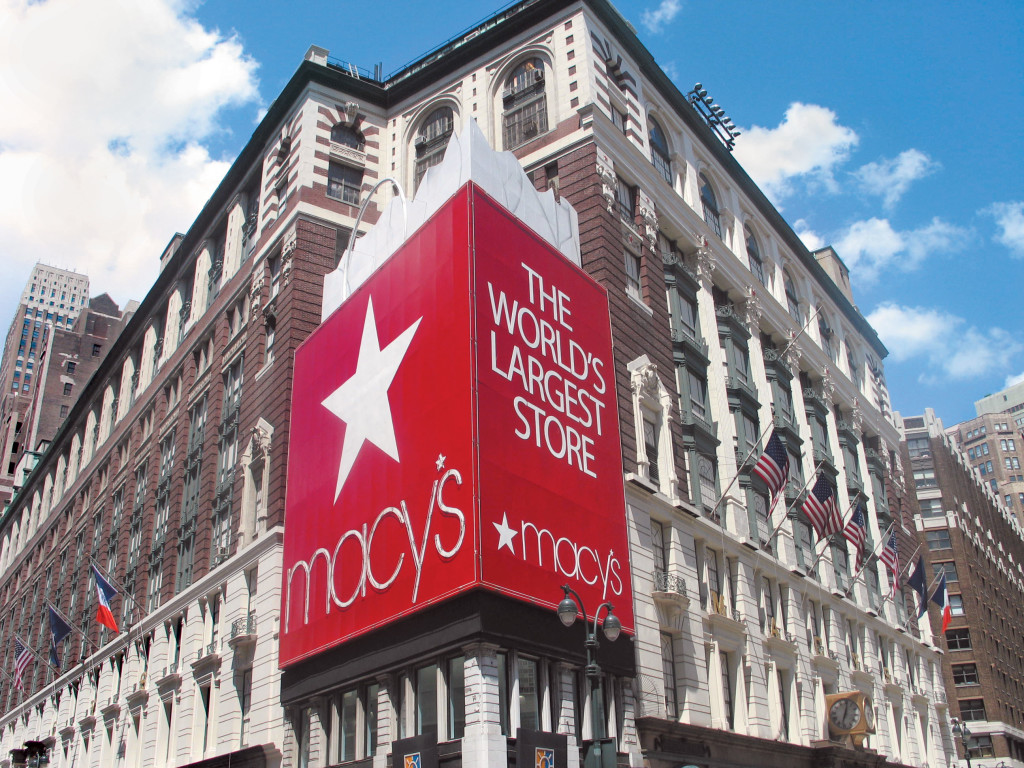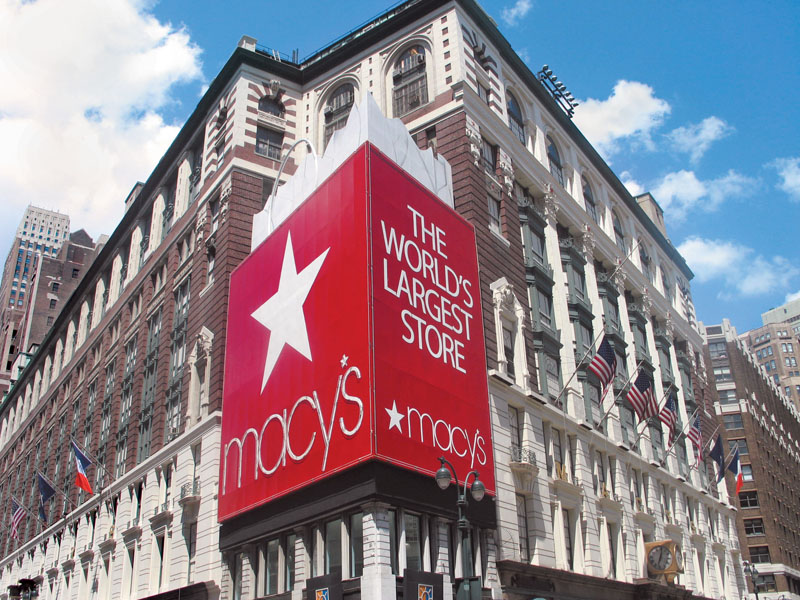MACY’S MAKES DRASTIC CHANGES, CLOSES STORES IN LIGHT OF DECLINING SALES


On Thursday, the company also announced that its comparable sales on an owned plus licensed basis declined by 4.7 percent in November and December combined. CEO Terry Lundgren attributed some of the loss to the unusually warm weather in the northern climate zones, specifying that 80 percent of the year-over-year-declines in 2015 were in cold-weather goods, including coats, sweaters, and boots. Earnings for 2015 are now expected in the range of $3.85-$3.90 per share, about 40 cents lower than previously forecast. The company also said they expect similar comparable sales decline in January.
Among the many efficiencies Macy’s announced were the spring 2016 closing of its call center in St. Louis, which will affect approximately 750 employees, as well as adjusted staffing of associates, senior executives, back-office personnel in both Macy’s and Bloomingdale’s that will result in the reduction of over 3,500 employees. More than half of those employees will be reassigned to other positions. Conversely, 35 percent of the senior executive positions, along with the positions of those who take advantage of a voluntary separation opportunity, will not be replaced.
In addition, the company has hired Eastdil Secured, a leading real estate investment bank, to approach potentially interested parties regarding partnerships or joint ventures for the company’s mall-based properties, as well as its flagship stores in Manhattan, San Francisco, Chicago, and Minneapolis. Moreover, Macy’s is seeking a senior-level real-estate executive to join the company to manage its real estate activities.
The company currently has 770 stores. Among the 36 stores that will close are many large ones, such as Downtown Spokane, Washington, Westfield Century City in Los Angeles, Enfield Square in Enfield, Connecticut, Cortana Mall in Baton Rouge, Louisiana, North DeKalb Mall in Decatur, Georgia, the Hudson Valley Mall in Kingston, New York, and Suburban Square in Ardmore, Pennsylvania. Four other stores closed in the final three quarters of 2015, and these 40 stores accounted for approximately $375 million in annual sales.
“In light of our disappointing 2015 sales and earnings performance, we are making adjustments to become more efficient and productive in our operations,” said Lundgren. “Moreover, we believe we can operate more effectively with an organization that is flatter and more agile so we can pursue growth and regain market share in our core Macy’s and Bloomingdale’s omnichannel business faster and with more intensity.”
Three new Macy’s stores (in Hawaii, Los Angeles, and Murray, Utah) and two Bloomingdale’s stores (in San Jose and Norwalk, Connecticut) are scheduled to open in 2016, along with 40 Macy’s Backstage off-price locations (many within existing Macy’s stores) and 40 freestanding Blue Mercury beauty stores.
“Our company is committed to operating great Macy’s and Bloomingdale’s stores in the best locations – both to serve shoppers who walk through the door and to fulfill orders that are shipped directly to customers around the country,” added Lundgren.



Surprisingly, Macy’s CEO, Terry Lundgren, is not bragging today about his ‘visionary’ plans. He kept Macy’s open by luring investors and issuing questionable quarterly reports all these years. Also, playing it safe and squeezing vendors or employees led to the most apathetic shopping experience in the country. His main talent is to bullshit well on TV.
One of the biggest challanges to retailers this past Fall/Holiday season was a late cold season, possibly due to El Nino. I sure the new presidential elections have something to do with it as well. Retail always slows down before and election year.